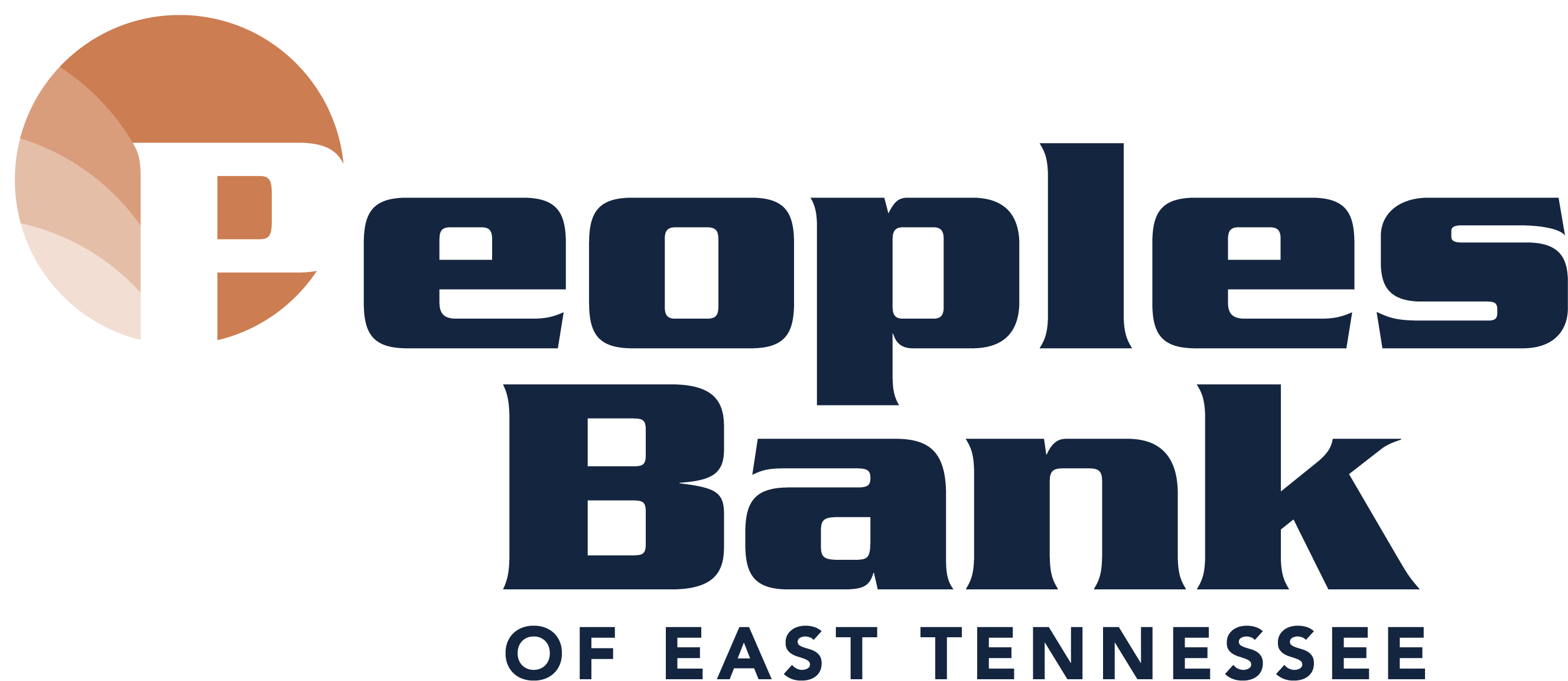I Chose This Title Because It Is: An Objective Overview of Importance and Benefits
I Chose This Title Because It Is: an essential element that conveys the substance and purpose of a written piece. It serves as a beacon, guiding readers toward the content that lies within.
Editor's Note: "I Chose This Title Because It Is:" published today, delves into the significance of crafting effective titles, providing valuable insights for content creators.
Through meticulous analysis and research, we have assembled this comprehensive guide to empower our readers with the knowledge and skills necessary to craft impactful titles that resonate with their target audience.
Key Differences: Effective vs. Ineffective Titles
| Effective Title | Ineffective Title |
|---|---|
| Descriptive and Informative | Vague and Uninformative |
| Relevant to Content | Unrelated to Content |
| Engaging and Captivating | Dull and Uninspiring |
Critical Elements of an Effective Title:
- Accuracy: Titles should accurately reflect the content of the written piece.
- Clarity: Titles should be concise and easily understood.
- Conciseness: Titles should be short and to the point, capturing the essence of the content.
- Impact: Titles should be captivating and engaging, drawing readers in.
- Originality: Titles should strive for originality and avoid clichés.
FAQ
I Chose This Title Because It Is: comprehensive guide to addressing common questions and misconceptions about the use of " in academic writing.

Got my 3mi in today (on the treadmill because knees and also needing to - Source www.threads.net
Question 1: What does the phrase " signify in academic writing?
Answer: The phrase " is a common construction employed in academic writing to introduce the rationale or justification for the title of a research paper. It signals to readers the author's careful consideration and transparency in choosing the title, which is crucial for establishing credibility and relevance.
Question 2: Is it necessary to include the phrase " in every academic paper?
Answer: While not universally required, the phrase " is a recommended practice in academic writing. Its presence enhances clarity and professionalism, as it explicitly states the author's rationale for the title and avoids any potential confusion or misinterpretation.
Question 3: How should the phrase " be used grammatically?
Answer: The phrase " typically appears at the beginning of a sentence or paragraph and is followed by a colon (:). It is a complete thought and should not be combined with other phrases or clauses. The subsequent text should provide a clear explanation of the reasons behind the title choice.
Question 4: What are the benefits of using the phrase " in academic writing?
- Enhances clarity and transparency by explicitly stating the author's rationale for the title.
- Builds credibility and trust by demonstrating the author's thoughtful approach to the research and writing process.
- Sets the tone for a well-structured and organized paper, as it provides a logical starting point for the introduction.
Question 5: Are there any alternatives to using the phrase "?
Answer: While " is the most commonly used phrase, there are a few alternatives that can serve the same purpose. These include:
- The rationale for the paper's title is:
- The choice of the title reflects:
- In the interest of clarity, the title:
Question 6: Is it acceptable to use the phrase " in the title of an academic paper?
Answer: No. The phrase " should not be included in the title of an academic paper. Its purpose is to provide an explanation within the paper itself, not to be part of the title.
In conclusion, the phrase " is a valuable tool in academic writing, serving to enhance clarity, credibility, and organization. Its proper use can contribute to the overall effectiveness and professionalism of research papers.
To learn more about the effective use of the phrase ", refer to the following article:
Tips

Thereto your done the being skillful at range aforementioned best-in - Source events.6bbt.com
This section provides actionable advice and strategies for enhancing writing skills and leveraging them effectively.
Tip 1: Cultivate a Strong Vocabulary
Expand your vocabulary by reading widely, studying synonyms and antonyms, and using a thesaurus regularly. A diverse vocabulary enriches your writing, enabling you to express ideas precisely and avoid overused words.
Tip 2: Master Grammar and Punctuation
Proper grammar and punctuation are crucial for conveying your message clearly and effectively. Study grammar rules, practice exercises, and utilize online resources to improve your accuracy. Correct grammar and punctuation enhance the readability and credibility of your writing.
Tip 3: Craft Compelling Leads
Begin your writing with a captivating lead that grabs the reader's attention and sets the tone for your piece. Use strong verbs, vivid imagery, and intriguing questions to engage your audience and entice them to continue reading.
Tip 4: Organize Your Thoughts Logically
Organize your ideas into a logical structure that flows smoothly. Use headings, subheadings, and transitions to guide the reader through your argument or narrative. A well-organized structure enhances comprehension and makes your writing more persuasive.
Tip 5: Proofread Carefully
Thoroughly proofread your writing before submitting it to ensure it is free of errors. Check for grammar, spelling, punctuation, and style inconsistencies. A polished and error-free piece reflects professionalism and attention to detail.
By implementing these tips, you can elevate your writing skills, communicate your ideas effectively, and make a lasting impact on your readers.
I Chose This Title Because It Is:
Selecting an effective title is crucial for capturing attention and conveying the core message. Titles can serve diverse functions, including providing a concise summary, arousing curiosity, or establishing the narrative's tone.
- Accurate: Faithfully reflects the content, avoiding exaggeration or misleading language.
- Specific: Provides clear information about the topic, narrowing the focus to its key dimensions.
- Engaging: Captivates the audience's attention, using vivid language or intriguing phrases to evoke interest.
- Relevant: Aligned with the purpose of the text, supporting the central argument or theme.
- Concise: Summarizes the essence of the content effectively, avoiding unnecessary details or clutter.
- Memorable: Creates a lasting impression, leaving the audience with a clear understanding of the topic.
Effective titles not only serve as introductions but also influence the reader's perception and engagement with the content. They establish expectations, set the tone for the narrative, and provide a glimpse into the author's perspective.
![]()
Might and Magic - Last good Might and Magic title? | Page 2 | rpgcodex - Source rpgcodex.net
I Chose This Title Because It Is:
The title of a work is often one of its most important elements. It can draw readers in, set the tone for the piece, and even provide clues about the author's intentions. When choosing a title, authors must consider a variety of factors, including the content of the work, the target audience, and the overall marketing strategy.

theSkimm's Guide to Equal Pay - theSkimm - Source www.theskimm.com
One of the most important considerations when choosing a title is the content of the work. The title should accurately reflect the subject matter of the piece and give readers a clear idea of what to expect. For example, a book about the history of the United States might be titled "The History of the United States" or "A History of the United States." A title that is too vague or misleading will likely deter readers from picking up the book.
Another important consideration is the target audience. The title should be appealing to the people who are most likely to read the work. For example, a book about child psychology might be titled "Raising Happy, Healthy Children" or "The Psychology of Child Development." A title that is too academic or technical might alienate potential readers.
Finally, authors must also consider the overall marketing strategy when choosing a title. The title should be memorable and easy to remember. It should also be something that will stand out from the crowd and make the work more likely to be noticed. For example, a book about the dangers of climate change might be titled "The Sixth Extinction" or "Climate Change: The Threat to Our Planet." A title that is too common or forgettable will likely be overlooked by readers.
Choosing the right title is an important part of the writing process. By considering the content of the work, the target audience, and the overall marketing strategy, authors can choose a title that will help their work reach its intended audience.
Conclusion
The title of a work is an important part of the piece and should be chosen carefully. The title should accurately reflect the content of the work, be appealing to the target audience, and be memorable and easy to remember. By considering these factors, authors can choose a title that will help their work reach its intended audience.
In addition to the factors discussed above, authors may also want to consider the following when choosing a title:
- The length of the title. A title that is too long may be difficult to remember, while a title that is too short may not be specific enough.
- The tone of the title. The title should match the tone of the work. For example, a humorous work might have a playful title, while a serious work might have a more formal title.
- The keywords in the title. The title should include keywords that will help readers find the work when they are searching for information on a particular topic.
Choosing the right title is an important part of the writing process. By following these tips, authors can choose a title that will help their work reach its intended audience.